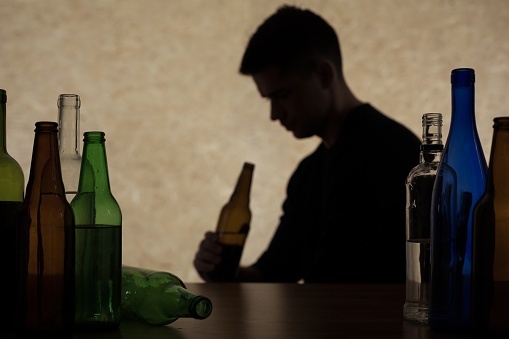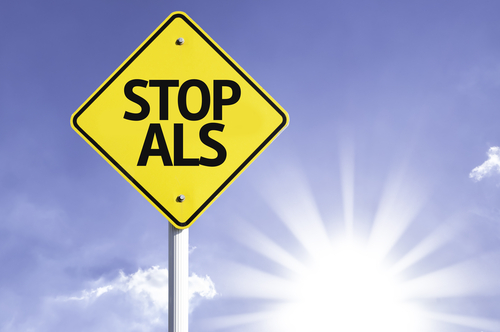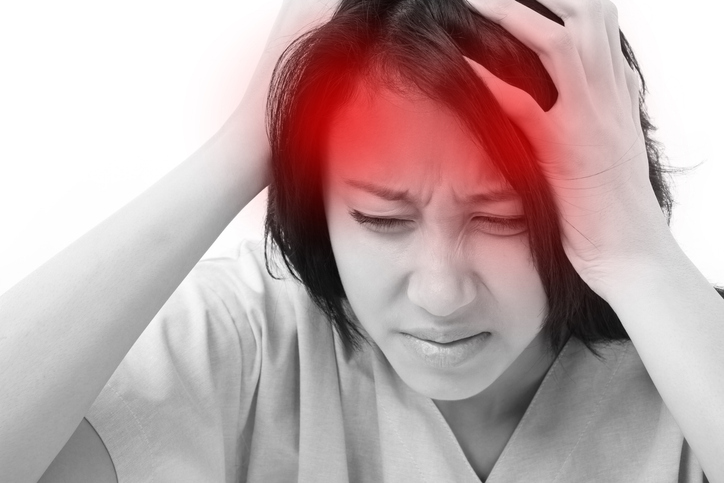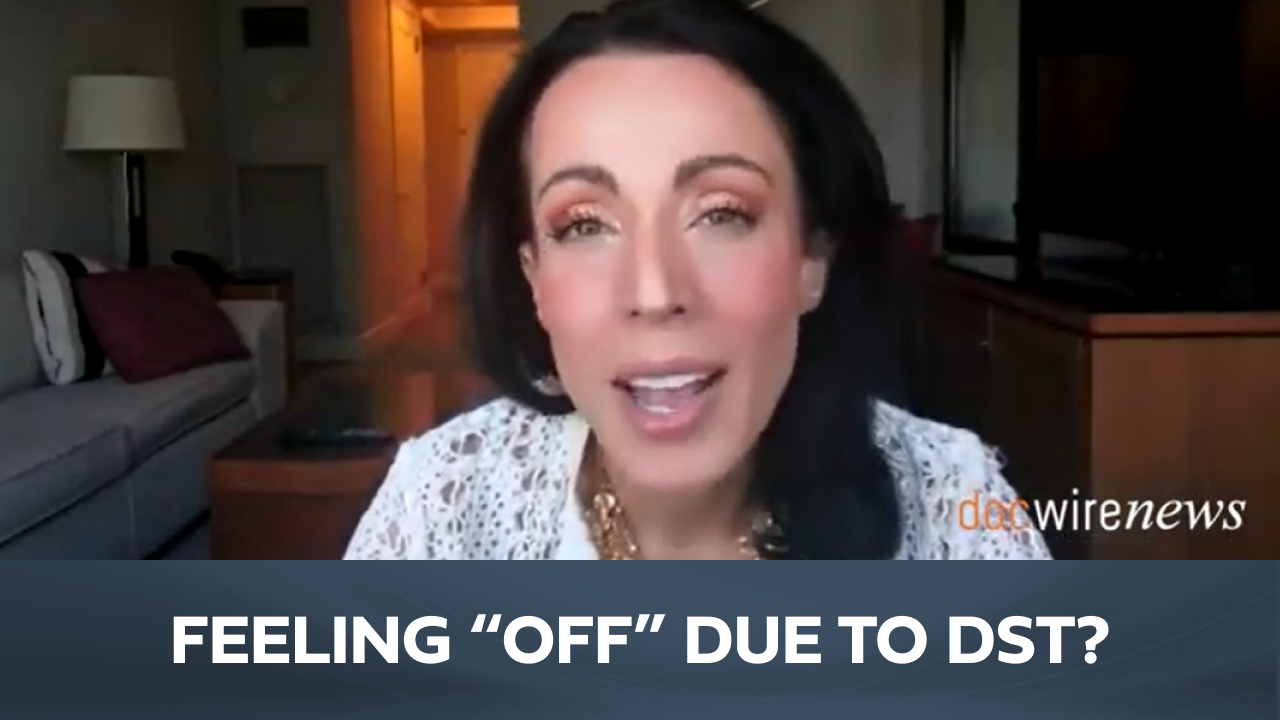
People who experienced childhood and adolescent anxiety incur a modestly higher risk of subsequent alcohol abuse, according to a study published in Addiction.
Researchers conducted a systematic review of 51 prospective cohort studies from 11 countries (27 studies from the United States, five from Germany and Finland, four from the United Kingdom, three from the Netherlands, two from Australia, and one each from Taiwan, Canada, New Zealand, Sweden, and Norway) with three studies contributing to a meta-analysis. They searched PubMed, Scopus, Web of Science, and PsycINFO electronic databases until February 2017, and included studies that met the criteria of being written in English and conducted on human participants and containing an anxiety exposure in childhood or adolescence as well as an alcohol outcome at least six months later.
The study’s sample sizes ranged from 110 to 11,157 participants, and anxiety exposure ages varied from three to 24 years, with alcohol outcomes ranging from 11 to 42 years. The researchers identified 97 associations across the 51 studies and categorized them by anxiety exposure (generalized anxiety disorder, internalizing disorders, miscellaneous anxiety, obsessive compulsive disorder, panic disorder, separation anxiety disorder, social anxiety disorder and specific phobias), as well as alcohol use outcomes (drinking frequency, alcohol use disorders (AUD), and binge drinking).
Anxiety Linked to Later Alcohol Use
According to the narrative synthesis, results suggest some evidence for a positive association between anxiety and later alcohol use disorders. Associations of anxiety with later drinking frequency/quantity and binge drinking were inconsistent. Type and developmental period of anxiety, follow‐up duration, sample size and confounders considered did not indicate the discrepant findings. Moreover, the meta‐analysis failed to exhibit evidence of a relationship between generalized anxiety disorder and later alcohol use disorder (OR=0.94; 95% CI, 0.47 to 1.87).
Is #anxiety in #childhood and adolescence linked to later alcohol use disorders? @@WileyResearch https://t.co/KYByN1lR2Q
— Medical Xpress (@physorg_health) March 20, 2019
Overall, among all outcomes, there were 32 (33%) positive associations, 17 (18%) negative correlations, 25 (26%) equivocal associations and 23 (24%) unclassifiable associations. Furthermore, there were more positive than negative associations for AUD (20 versus five), juxtaposed to drinking frequency/quantity (nine versus eight) as well as binge drinking (three versus four). Moreover, regarding the removal of the 24 internalizing associations (where anxiety and depression could not be distinguished), there were 28 (38%) positive associations, 11 (15%) negative correlations, 19 (26%) equivocal associations and 15 (21%) unclassifiable associations.
Connection Inconclusive
“The evidence from prospective cohort studies is suggestive but not conclusive of a positive association between anxiety during childhood and adolescence and subsequent alcohol use disorder,” said lead author Maddy Dyer, of the University of Bristol, UK, in a press release about the study.
Dyer said that additional studies are required to elucidate the possible correlation between anxiety and alcohol abuse, adding that “associations of anxiety with later drinking frequency or quantity and binge drinking were inconsistent. She also said that further research is needed “to understand why there are differences in associations for consumption levels versus problematic use, and to determine which individuals with anxiety develop alcohol problems.
https://twitter.com/Dr_AME_Botox/status/1108479137226862592
Is anxiety in childhood and adolescence linked to later alcohol use disorders? https://t.co/dwG1Vp2FwW pic.twitter.com/IYBQUPzHW2
— Substance Abuse (@substance_abuse) March 21, 2019







 © 2025 Mashup Media, LLC, a Formedics Property. All Rights Reserved.
© 2025 Mashup Media, LLC, a Formedics Property. All Rights Reserved.